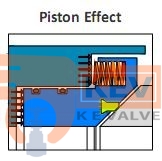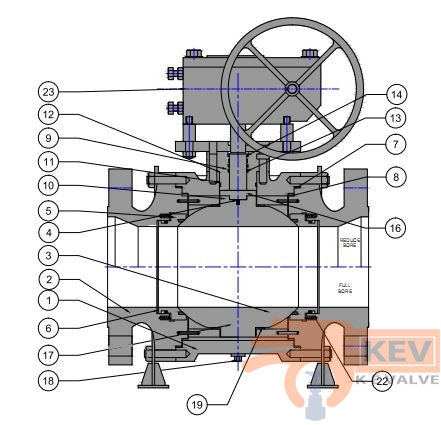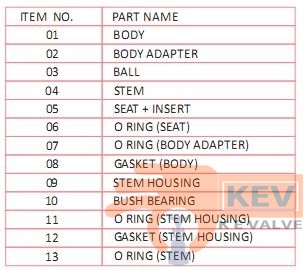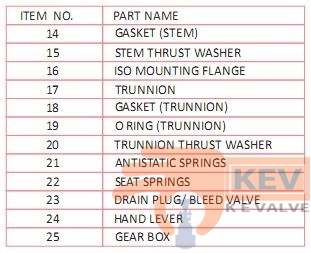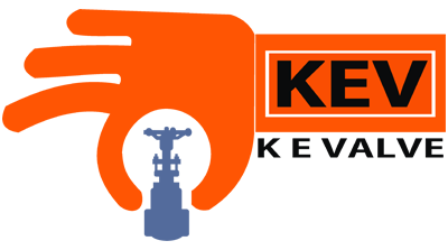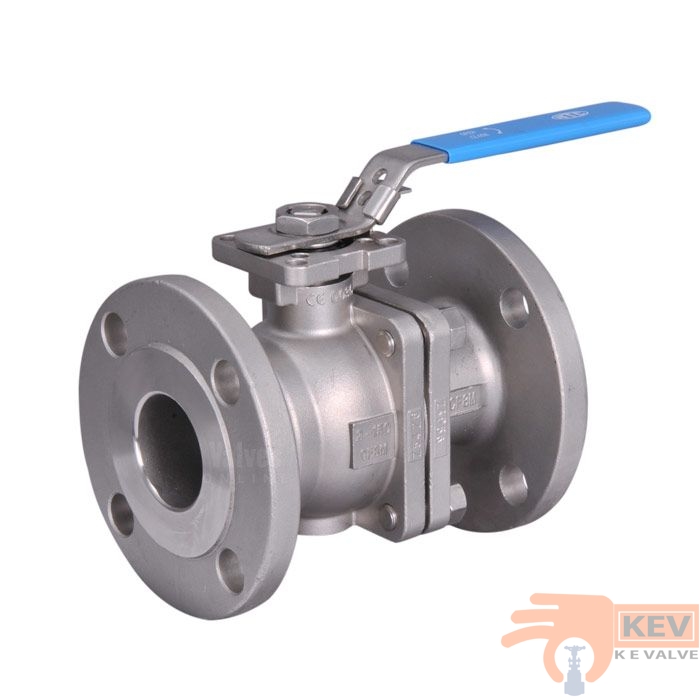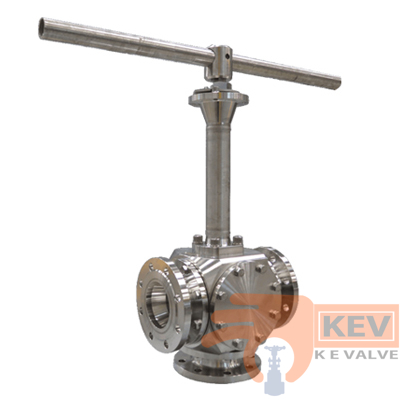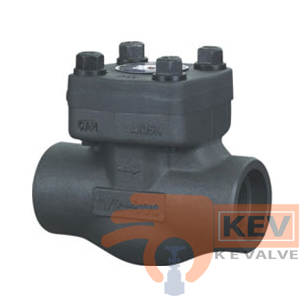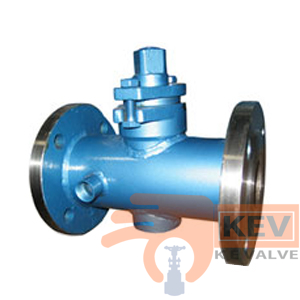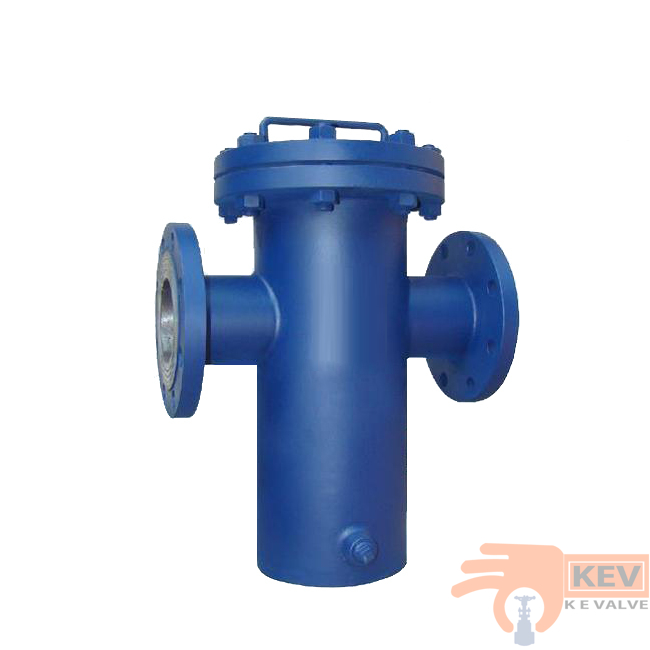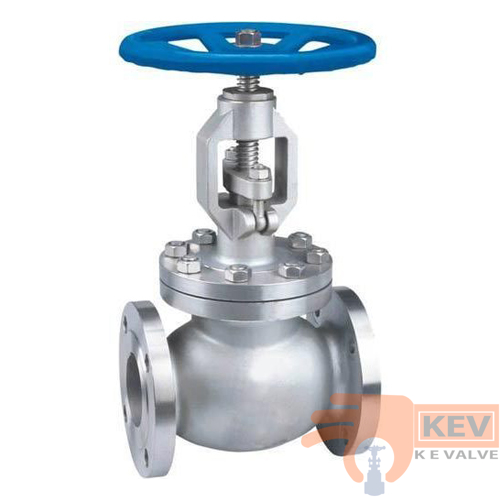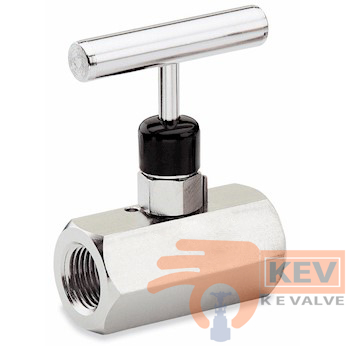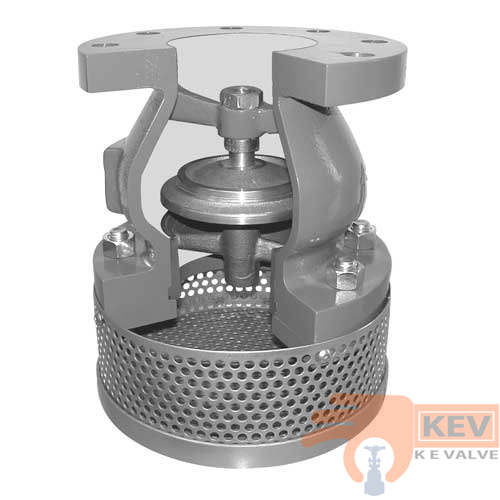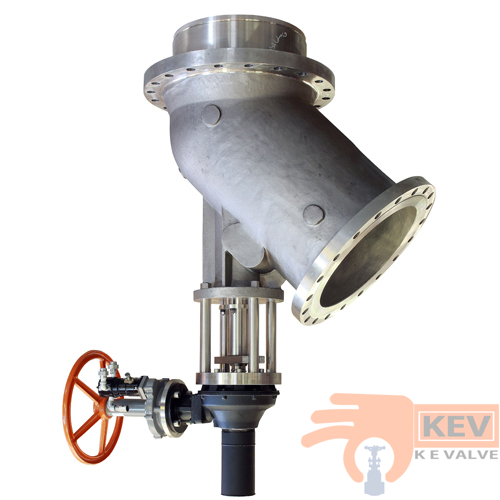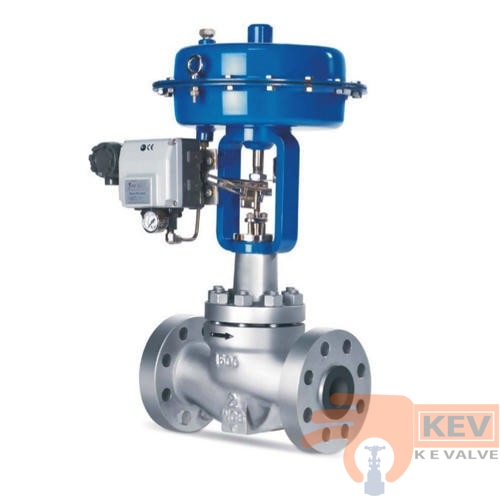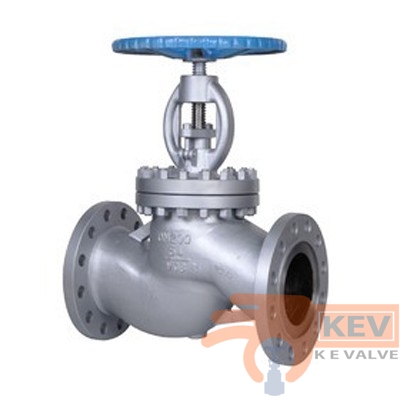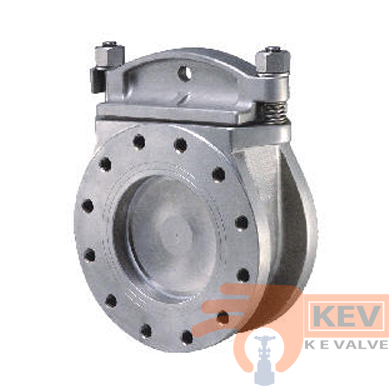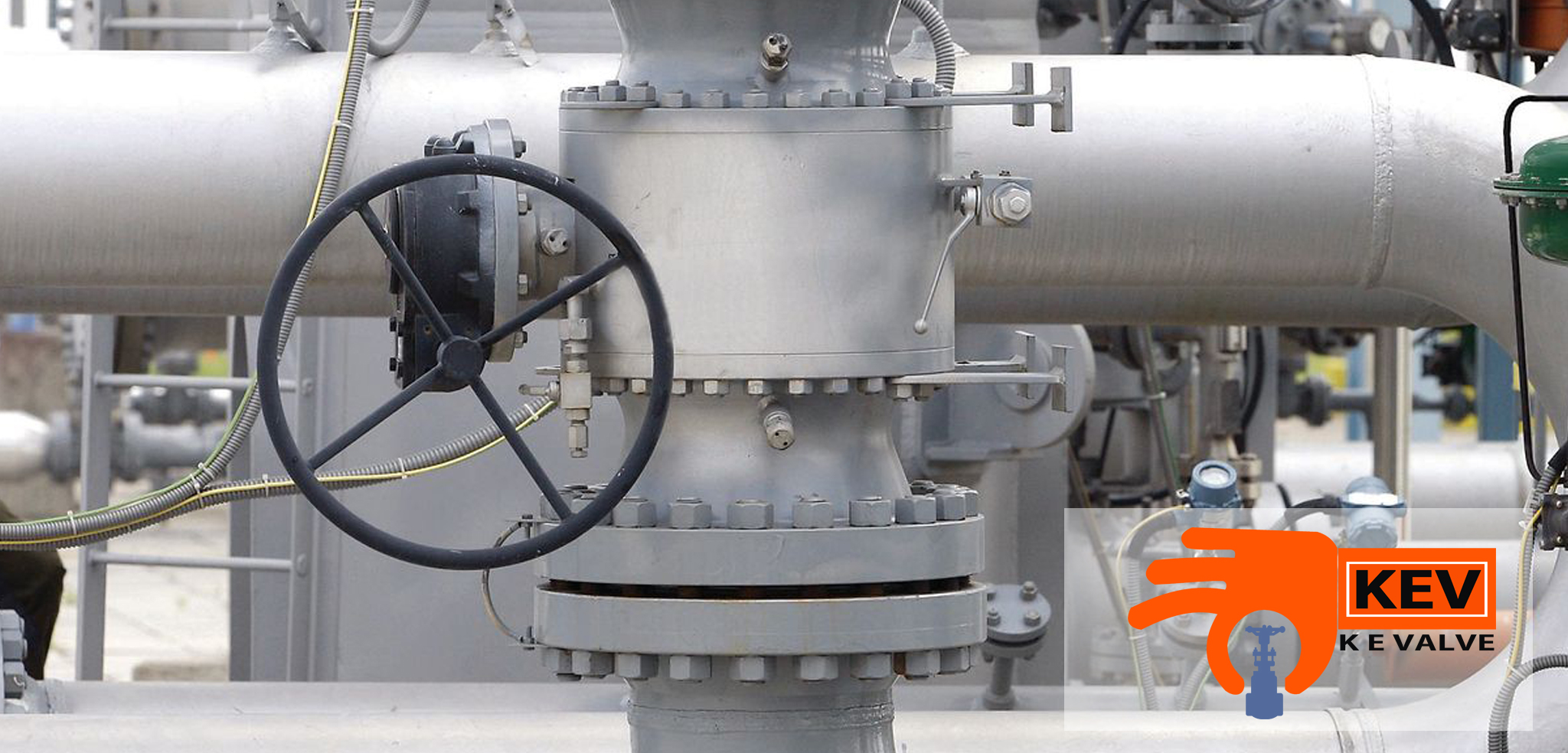
Trunnion Mounted Ball Valve
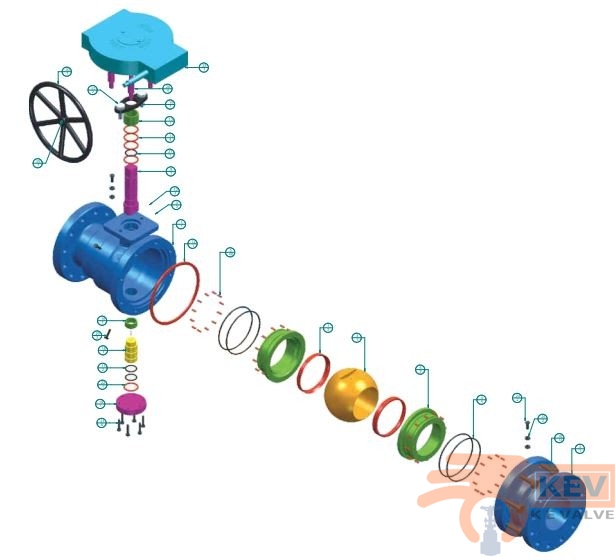
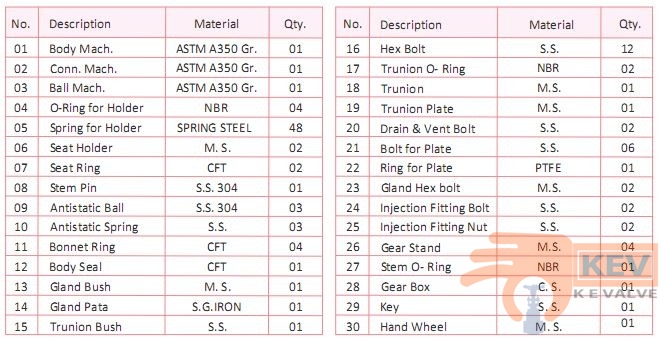
Standard Features
- Bolted Body Construction
- Double Block and Bleed
- Cavity Relief
- Fire-Safe Design
- Stem Sealing – Assured safety
- Sealant Injection System
- Actuator Mounting Flange
- End Connections
Standard Trunnion Mounted Ball Valve
Features
Different seat configurations are available to meet the wide range of applications. The use of high integrity sealing technology combined with optimum seat material assures reliable performance. Our standard valves are equipped with nylon seats with Type – A seat Construction. Other seat Constructions and materials are selected based on customer specifications and expectations. ( Type – A)
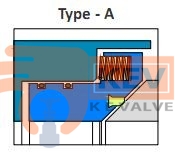
Seat insert is positively locked in to the seat retainer. The seat material such as PTFE, RPTFE, Nylon and Peek are available. The tangential seat / ball contact requires far less torque than other seat with increased contact area. Spring loading of the seat holders ensures leak tightness even at low pressure. The seats are easy to replace at the time of damage.( Type – B )
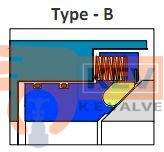
Elastomer seat design is available low pressure and zero leakage reliability requirements. The seals are easily replaceable with less maintenance cost.
There are several applications that require metal to metal sealing. The usual resilient seal is not suitable
because of high abrasive service or high temperature Different hard facing materials are used such as ENP coating and satellite 6. The contact surface of the seat is not contoured to the ball surface hence may be re-machined without changing the seat. (Type – C)
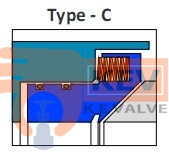
Self Relieving Seat
The seats are designed for self relieving feature. This prevents excessive pressure buildup in the body cavity.
The fluid trapped in the valve cavity is subjected to thermal expansion and contraction due to
temperature variation, results in increase of pressure in the cavity. The seat will pressure relieve automatically when the force due to body cavity pressure exceeds the spring force and pushes the seat away from the ball.
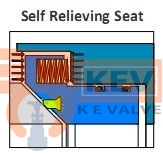
Single Piston Effect
The ball is fixed on the horizontal axis. The seats are floating and operate in the direction of the pressure. At low pressure the sealing is achieved by the spring force. As the pressure increases, the combined spring force and the
fluid pushes the seat ring against the ball, resulting in tight seal.
